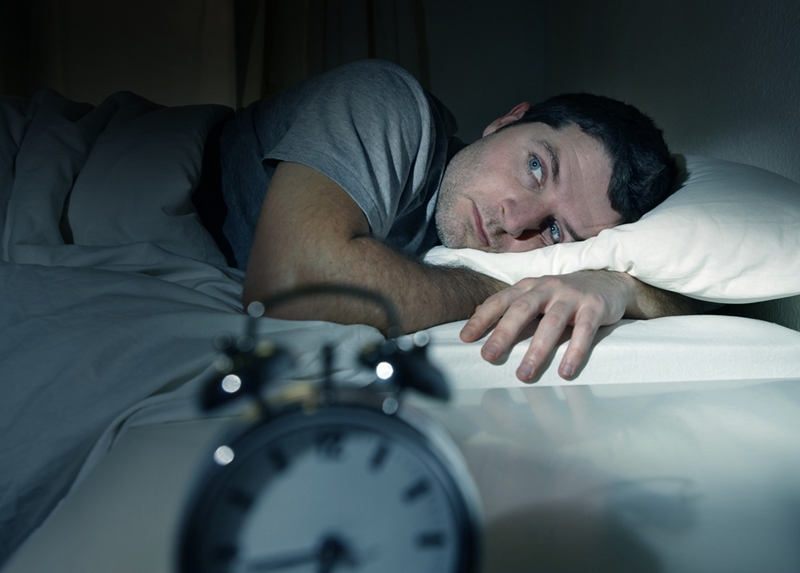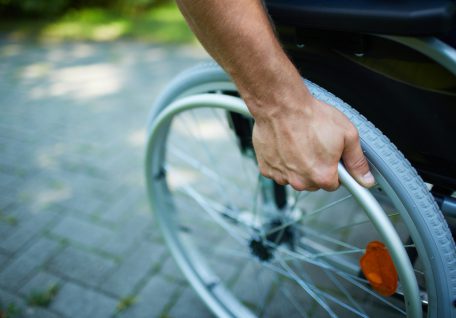How much value do you place in sleep, with regards to overall health and fitness? Getting an ample amount of shut-eye each night can affect our overall well-being more than many may first imagine, but the truth is, Australians aren’t getting enough of it.
In a survey carried out by health insurer MBF and published by BUPA Australia, it was found that a typical Australian adult gets less than seven hours sleep a night, which falls below the recommended eight. The study revealed that people aged between 35 and 44 sleep for just 6.5 hours a night on average, with long working hours, stress and job insecurity the leading factors behind this trend. Irregular sleeping patterns and light pollution were also blamed for the nation’s overall lack of sleep.
Getting enough sleep is of paramount importance.
However, getting enough sleep is of paramount importance. The Sleep Health Foundation states that ample sleep is vital for functioning at optimum levels, as it lends our brain the energy it needs to perform a variety of tasks throughout the day. Getting a good night’s rest is not only confined to the brain, though – it can also have a huge bearing on your overall health and wellbeing. Here is why.
How sleep can aid exercise
A regular exercise program and a healthy sleep pattern go hand-in-hand. Writing for Healthshare Australia, clinical psychologist Emma Webster states that exercise is a great way to stave off restless nights and even insomnia, as long as you time it correctly and don’t carry out your moves right before turning out the lights.
That’s because exercise is a physical stressor, and to counter this, the brain spends more time in Stage 4 sleep – the deepest possible. Ms Webster writes that exercising 4-5 hours before bed is a perfect time, as this will allow the body enough time to sufficiently cool, which can lead to a better quality of sleep.
Because a deeper sleep will supply the body with more energy throughout the day and into the night, we are more likely to feel up to exercising, which results in a positive cycle of quality sleep and regularly working out.
 Could insufficient sleep be hampering your client’s fitness goals?
Could insufficient sleep be hampering your client’s fitness goals?Can lack of sleep lead to weight gain?
When a person joins the gym and signs up a personal trainer, he or she may do so with the ultimate end-goal of losing weight. They will know that physical exertion can play a big part in reaching that target, but they may be less aware that insufficient sleep could hamper their dreams more than they think.
A report published by the Division of Sleep Medicine at Harvard Medical School states that not getting enough sleep can be linked to weight gain. The article references a joint study by the University of Iowa and the University of Wisconsin, which discovered that those who sleep just six hours per night will be far more likely to be overweight, whereas people who kept to the standard eight hours recorded the lowest levels of body fat amongst the participants.
Therefore, ensuring clients who are looking to lose weight know the value of sufficient sleep will reap rewards in the long run.
What are the other risks of insufficient sleep?
It is not just weight gain and mental sluggishness that are symptomatic of a lack of sleep. The Harvard Medical School states that lack of sleep can cause a number of medical problems, ranging from type-2 diabetes to heart disease and hypertension. Simply by encouraging your clients (or yourself!) to get that magical eight hours each night is a surefire way to maintain a better standard of health.
If you’re looking to help others reach their fitness goals, why not take at look at Australian Fitness Academy’s range of courses to get your health and fitness career on the road?





